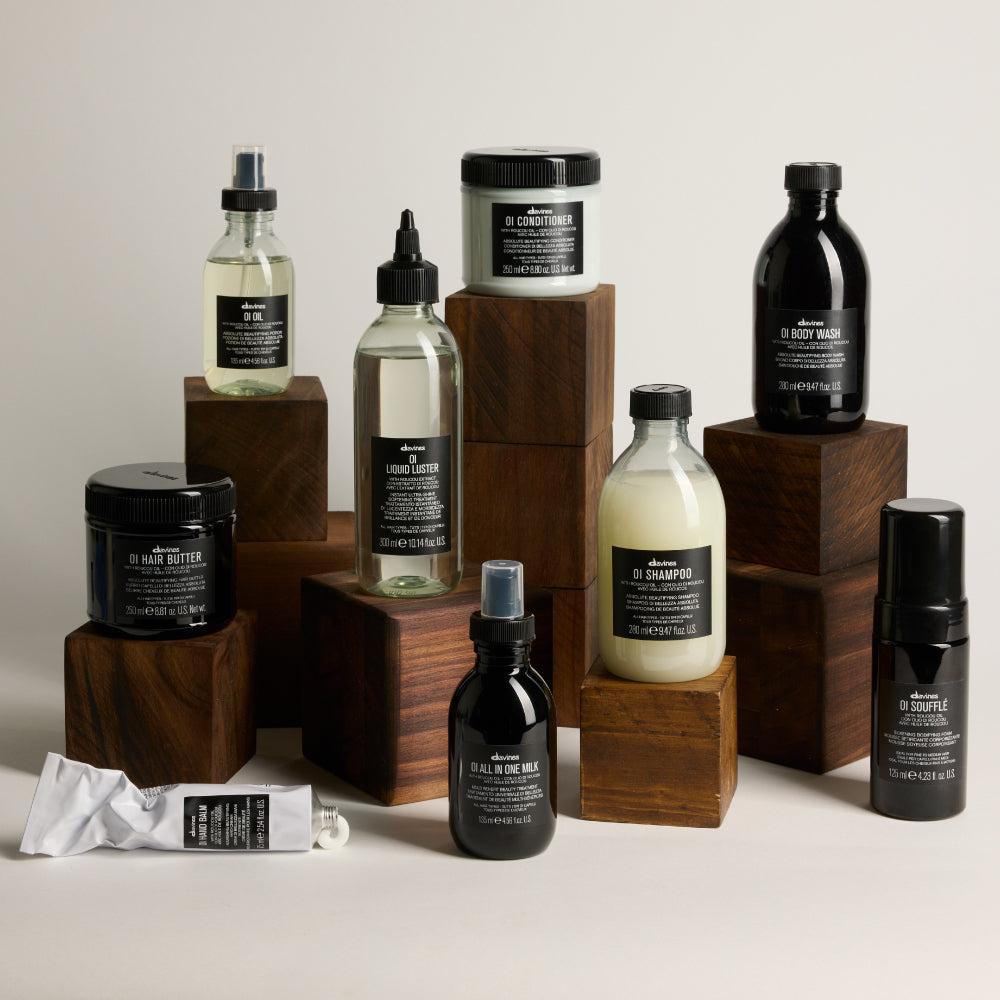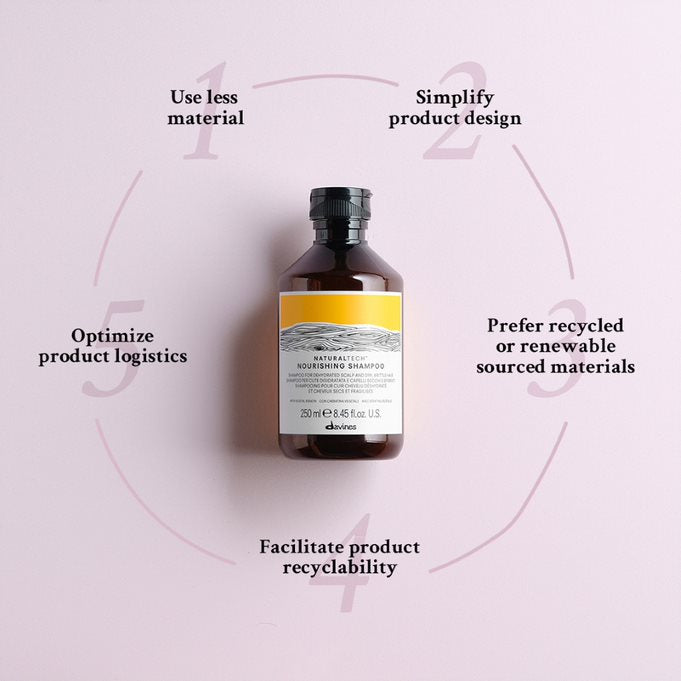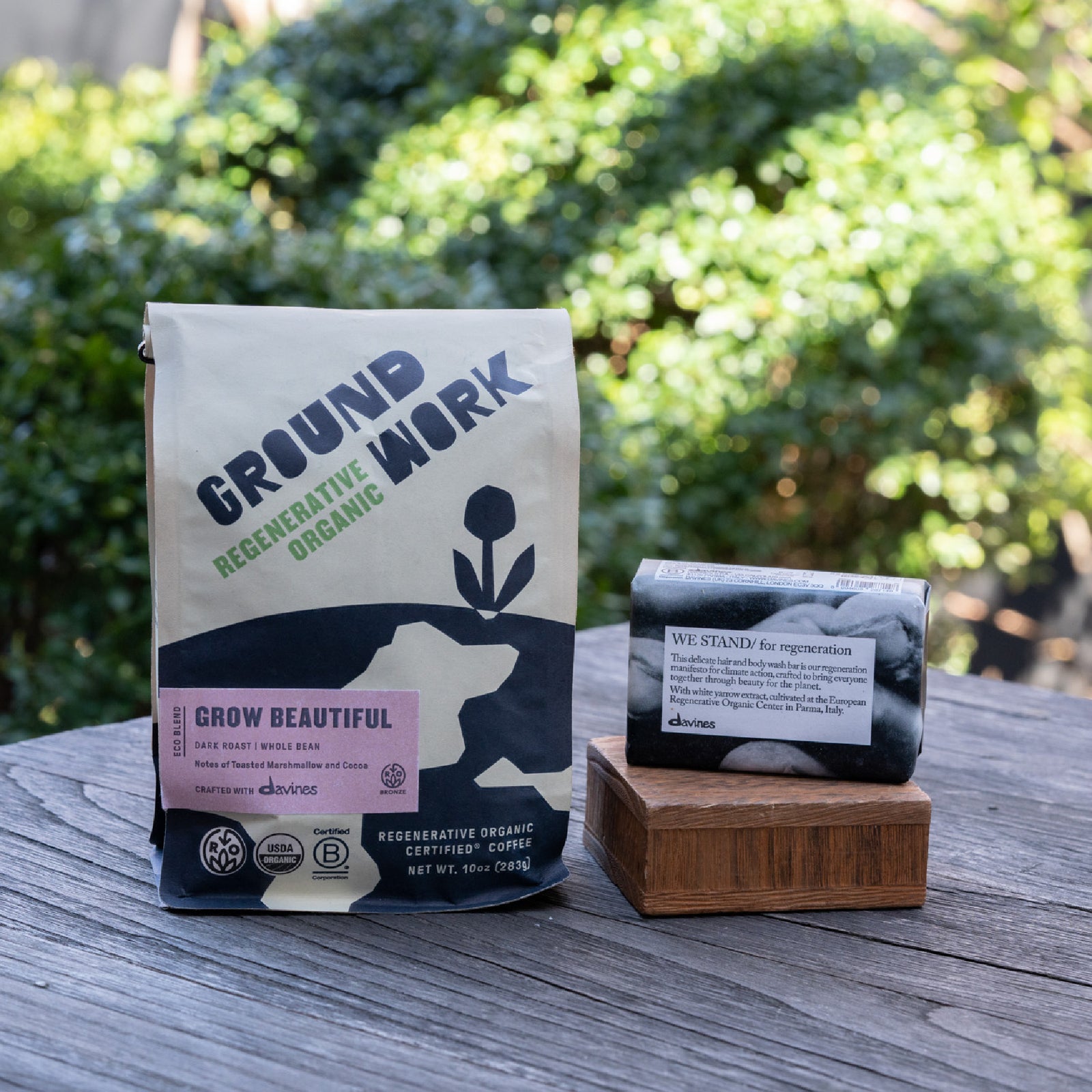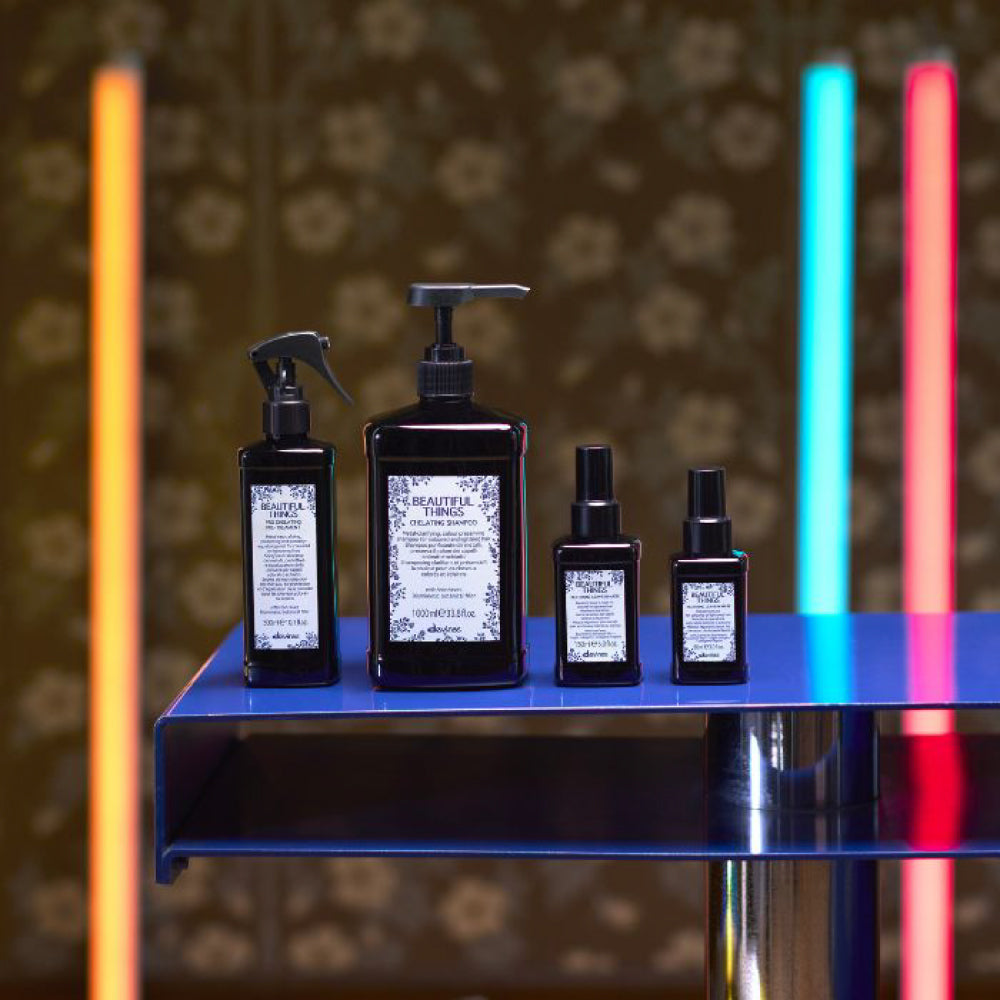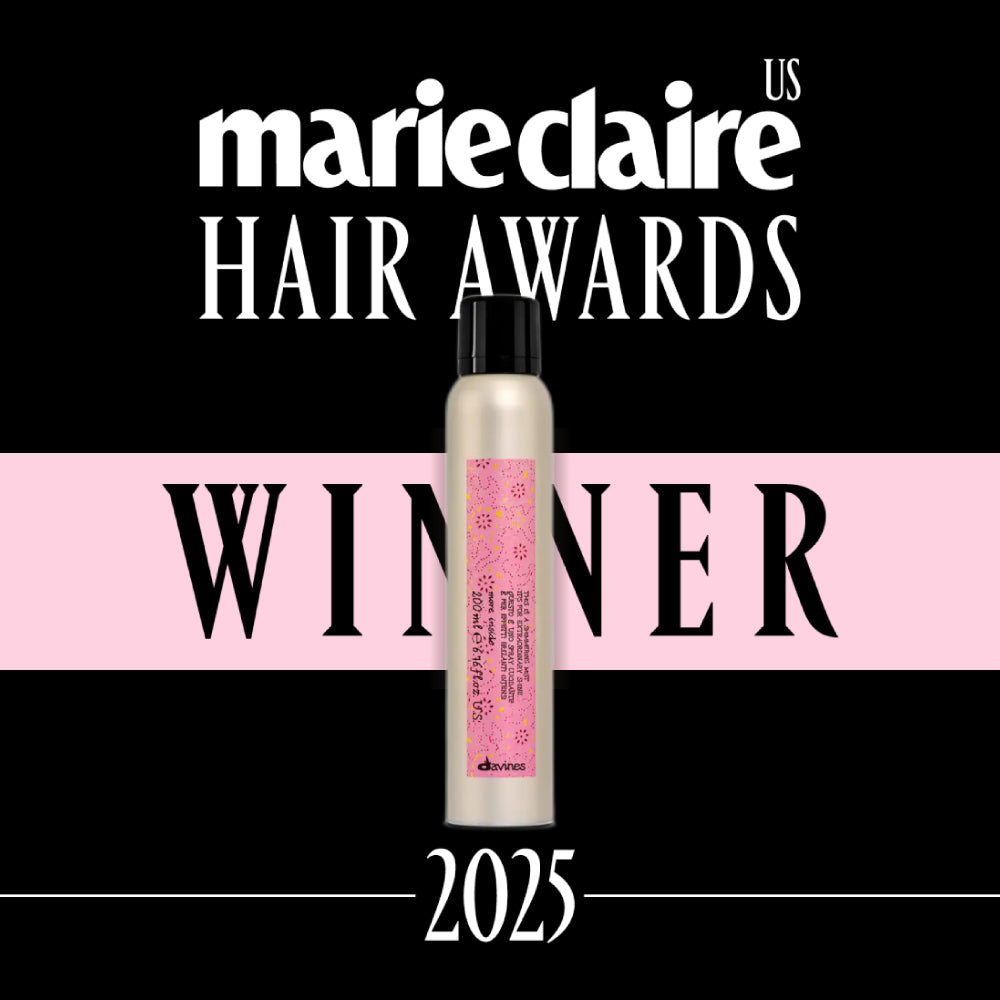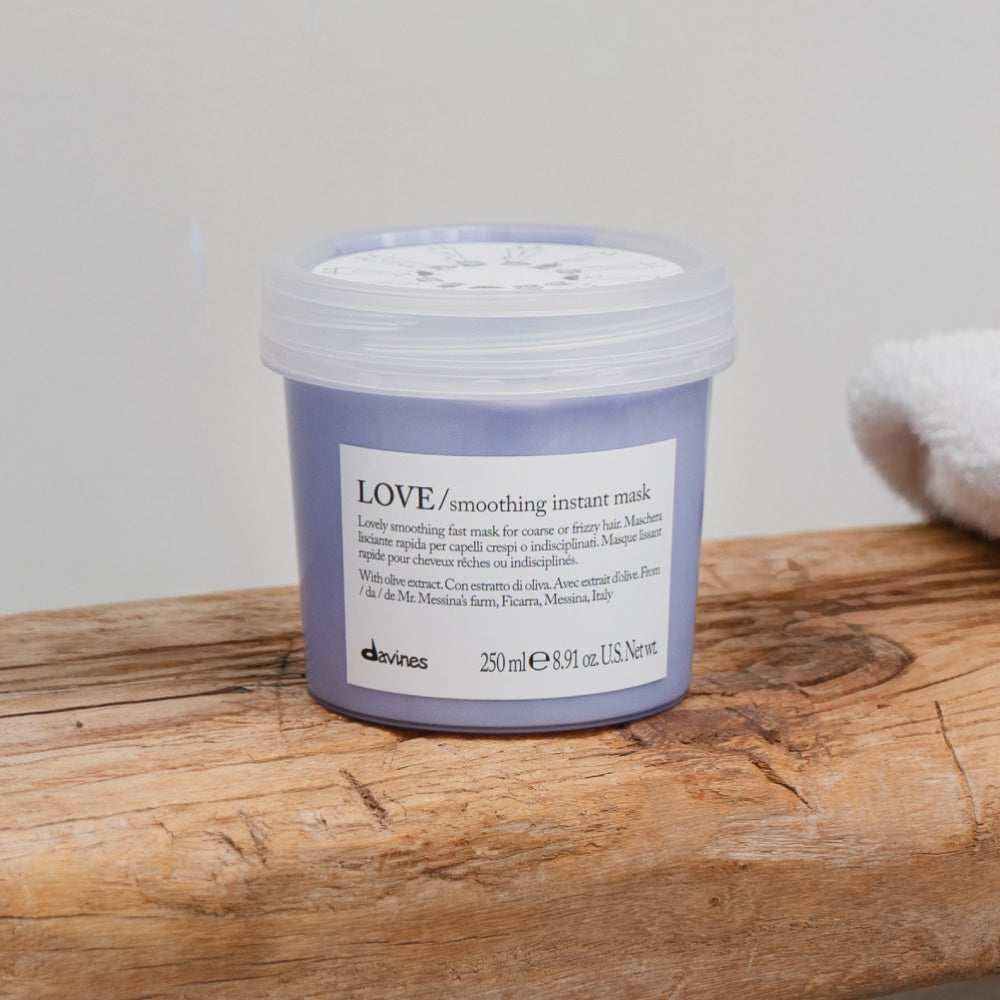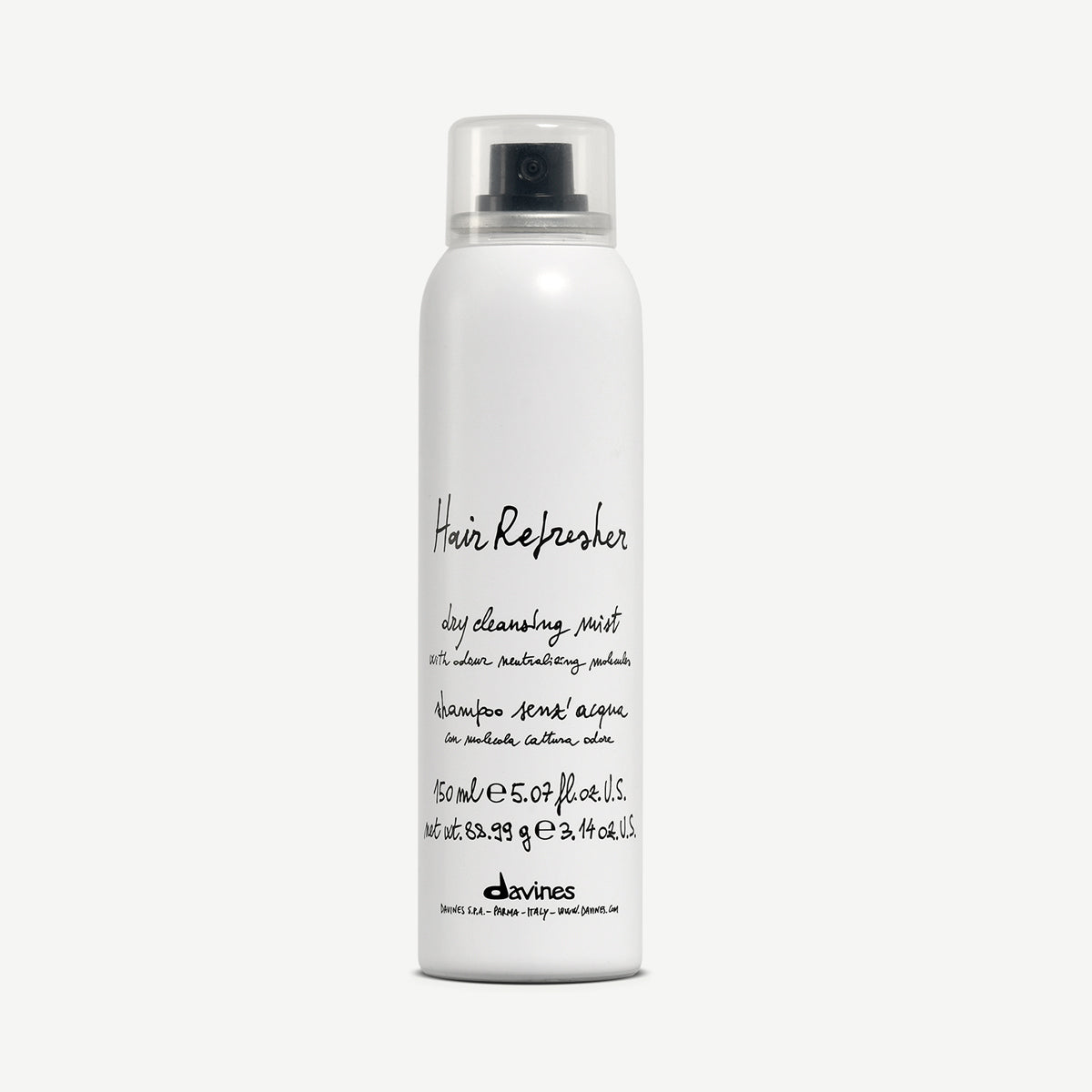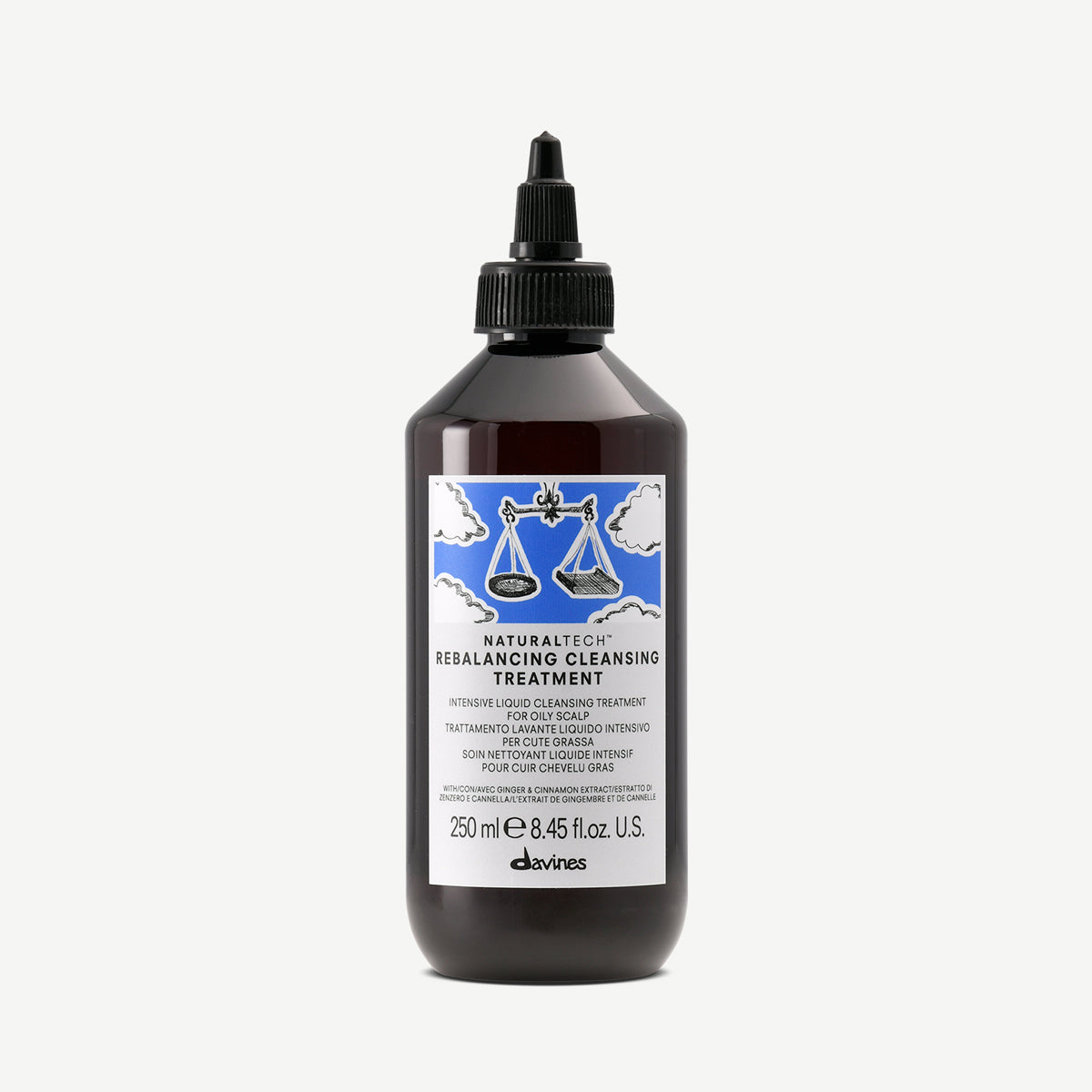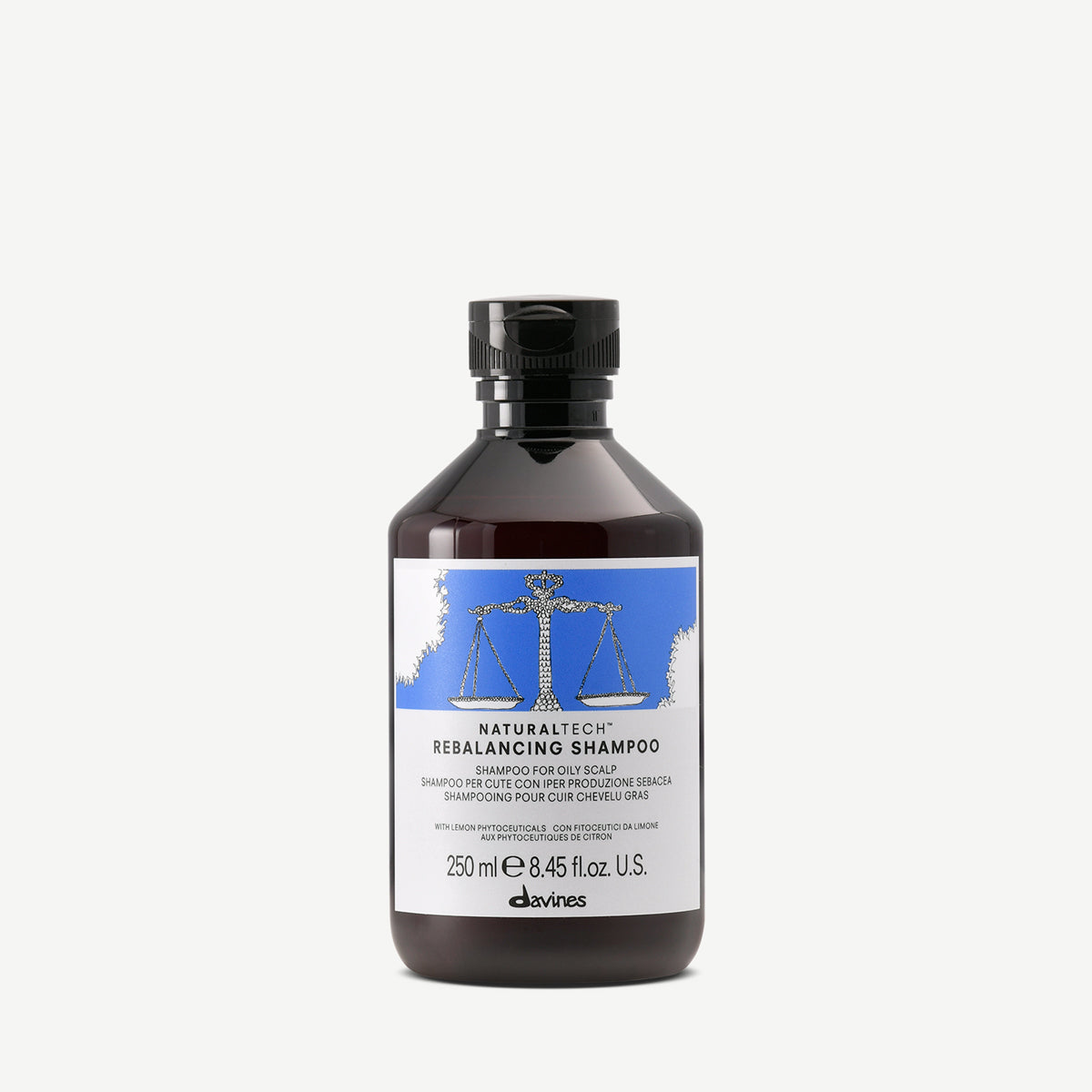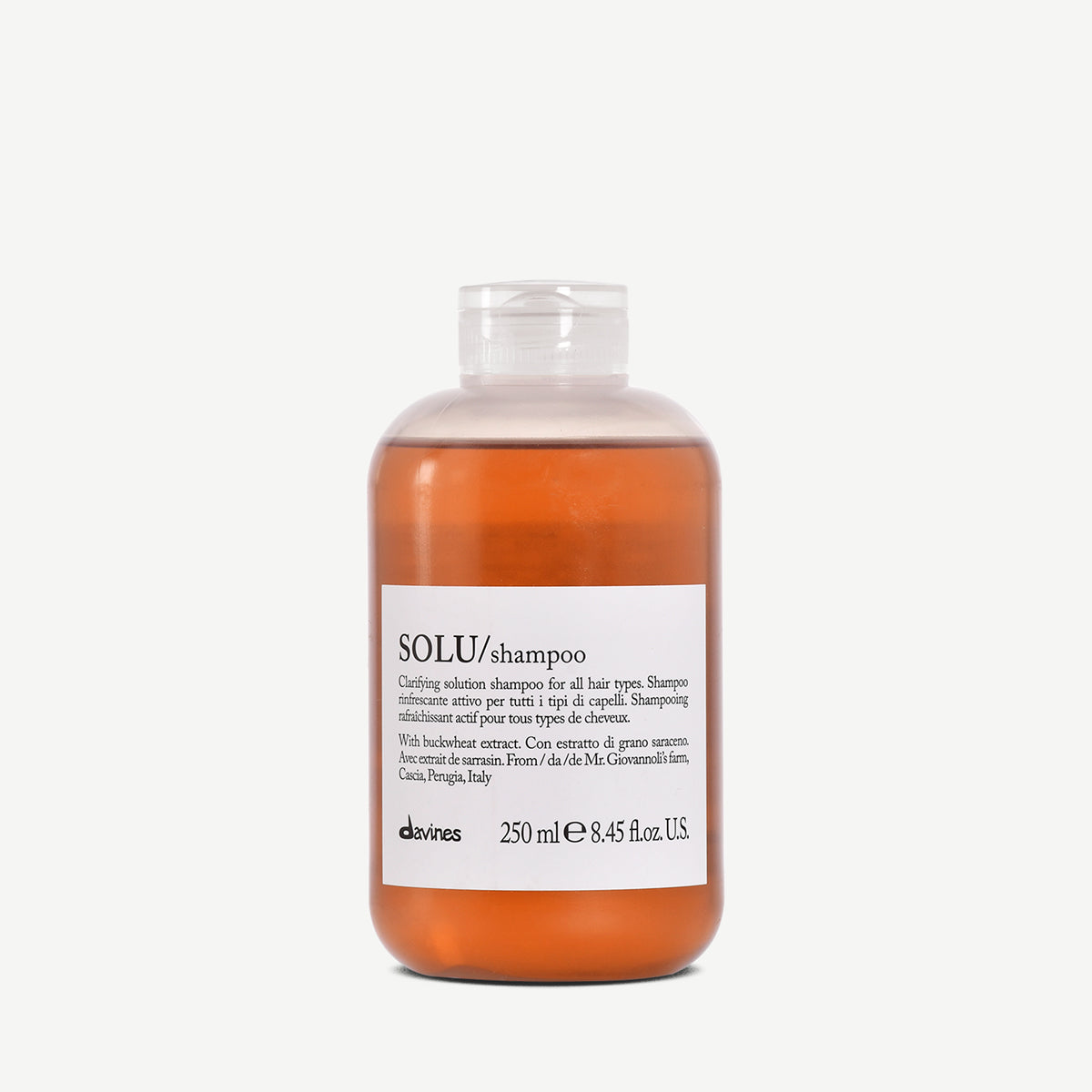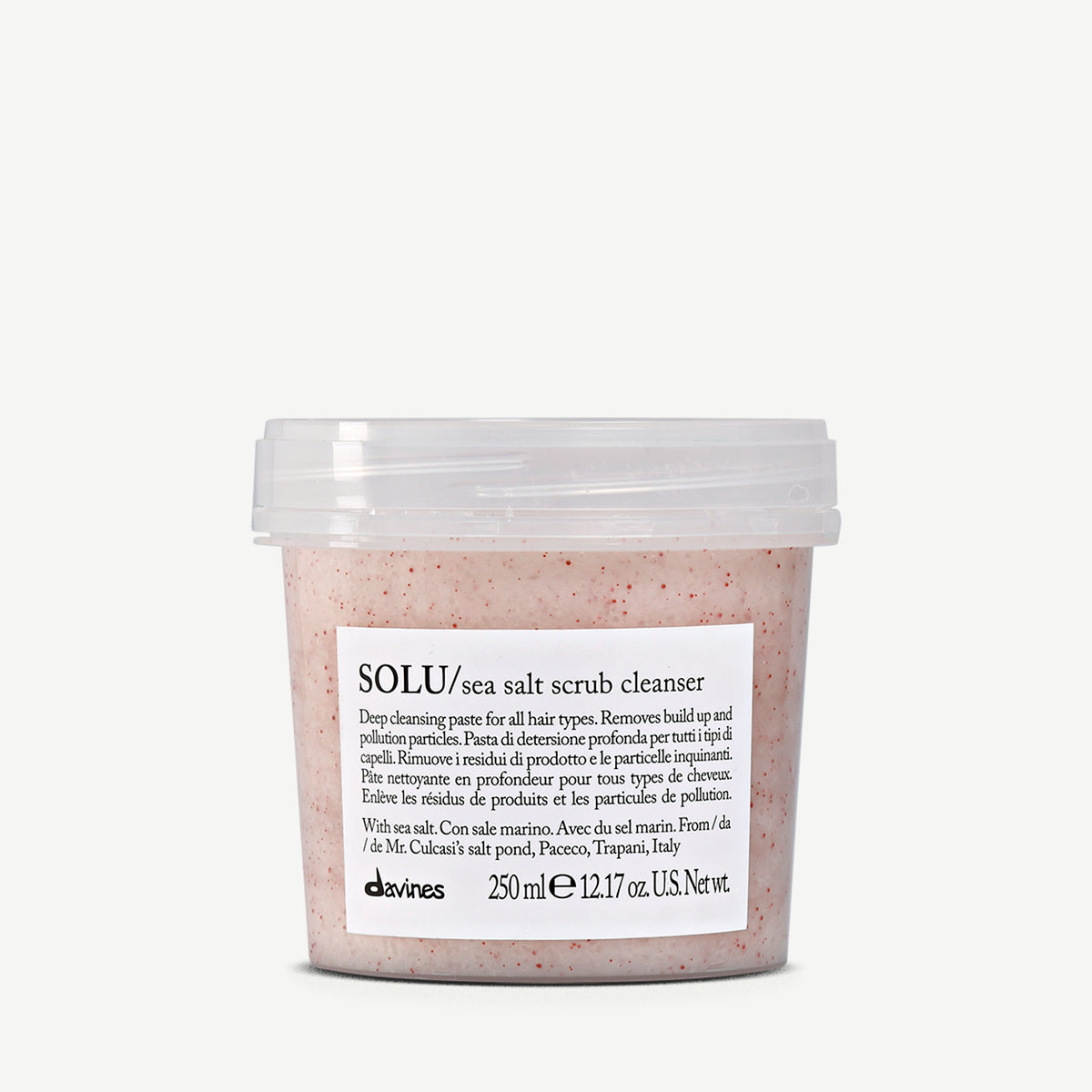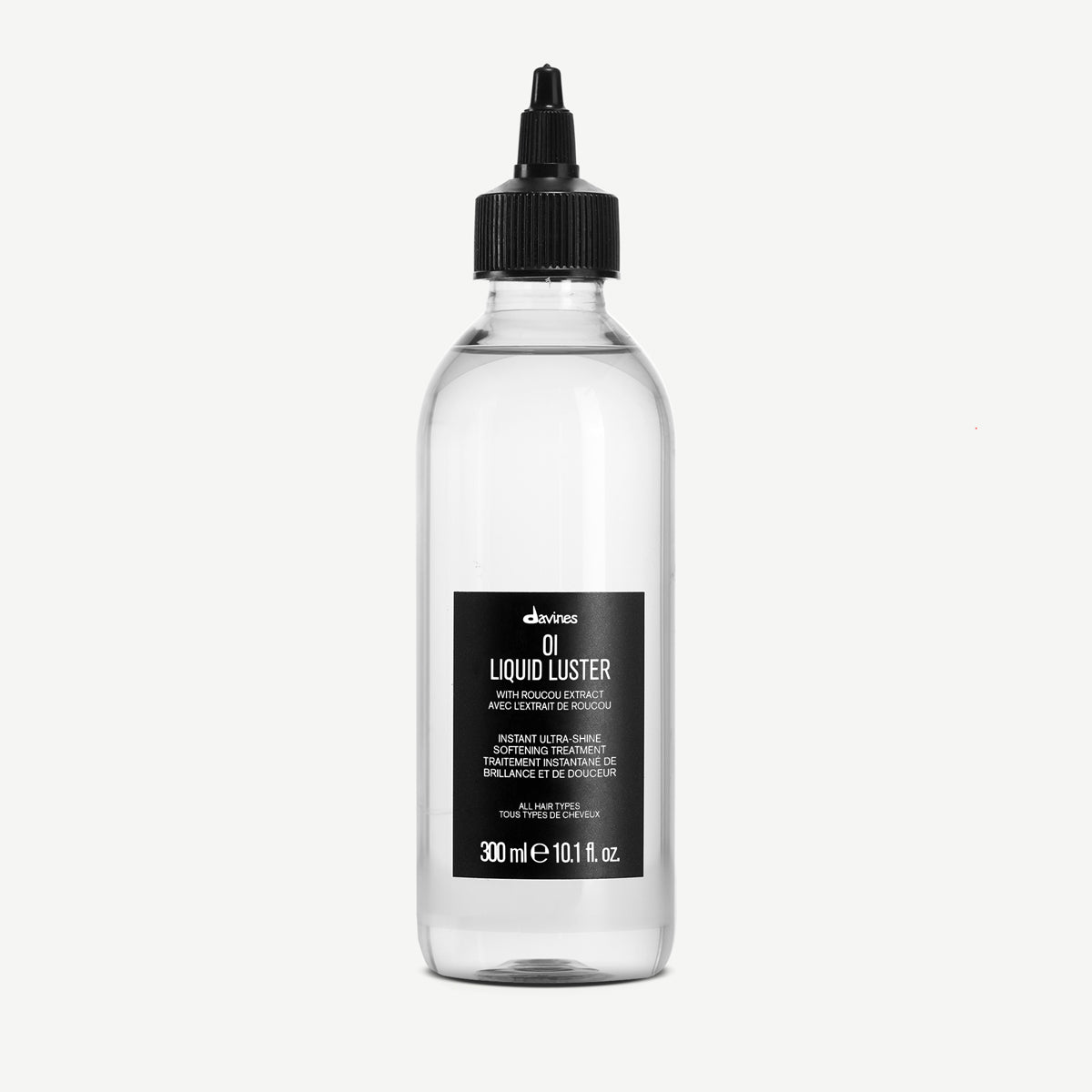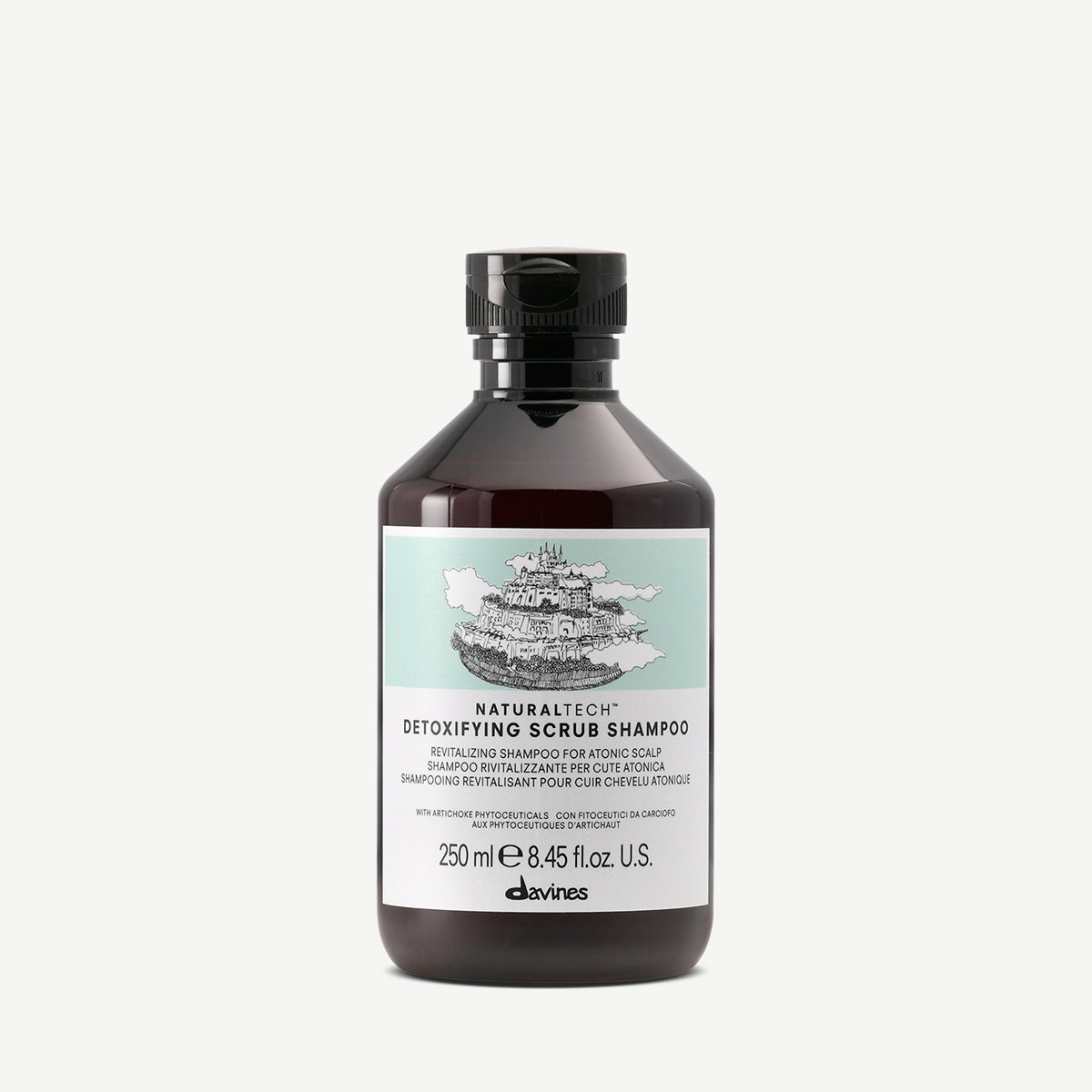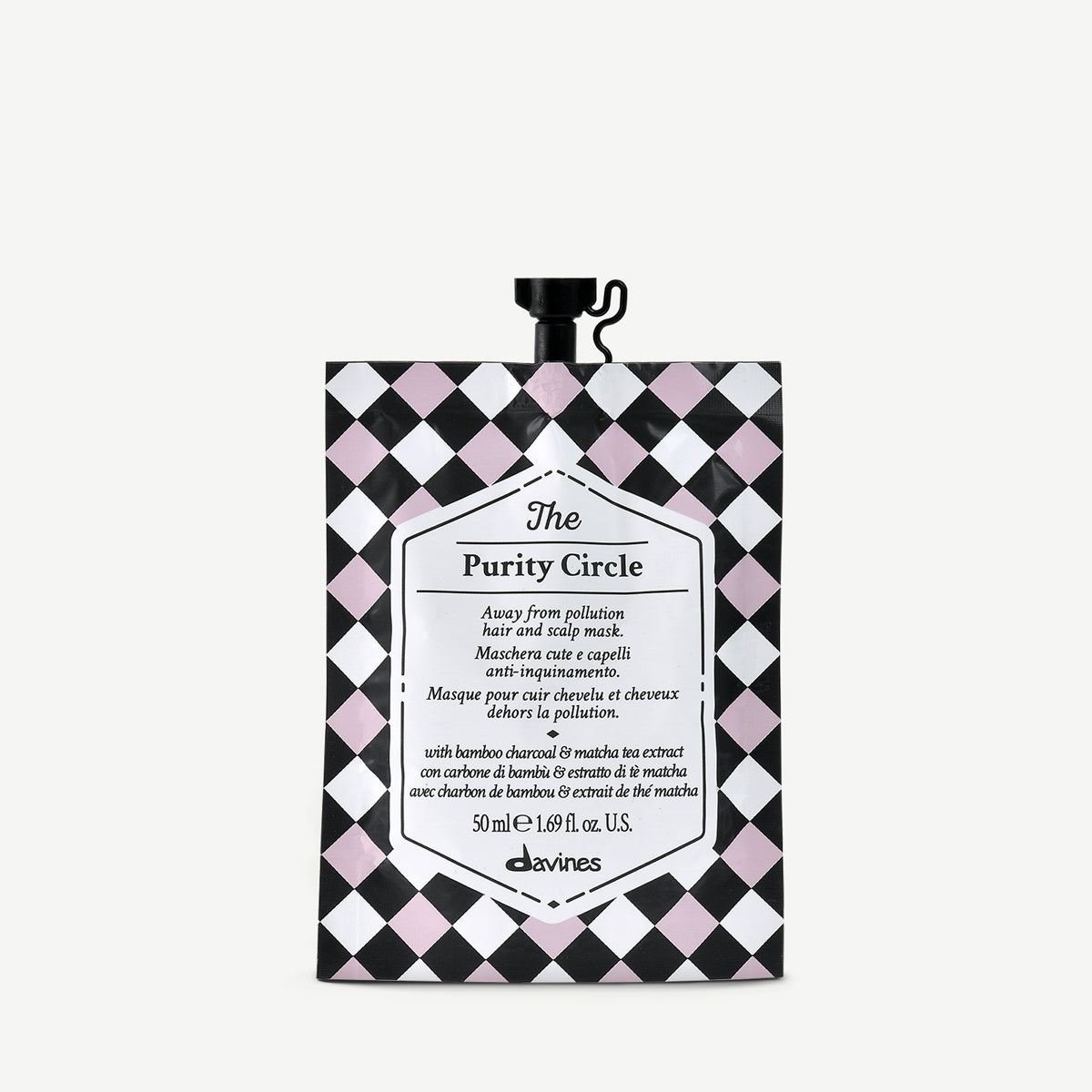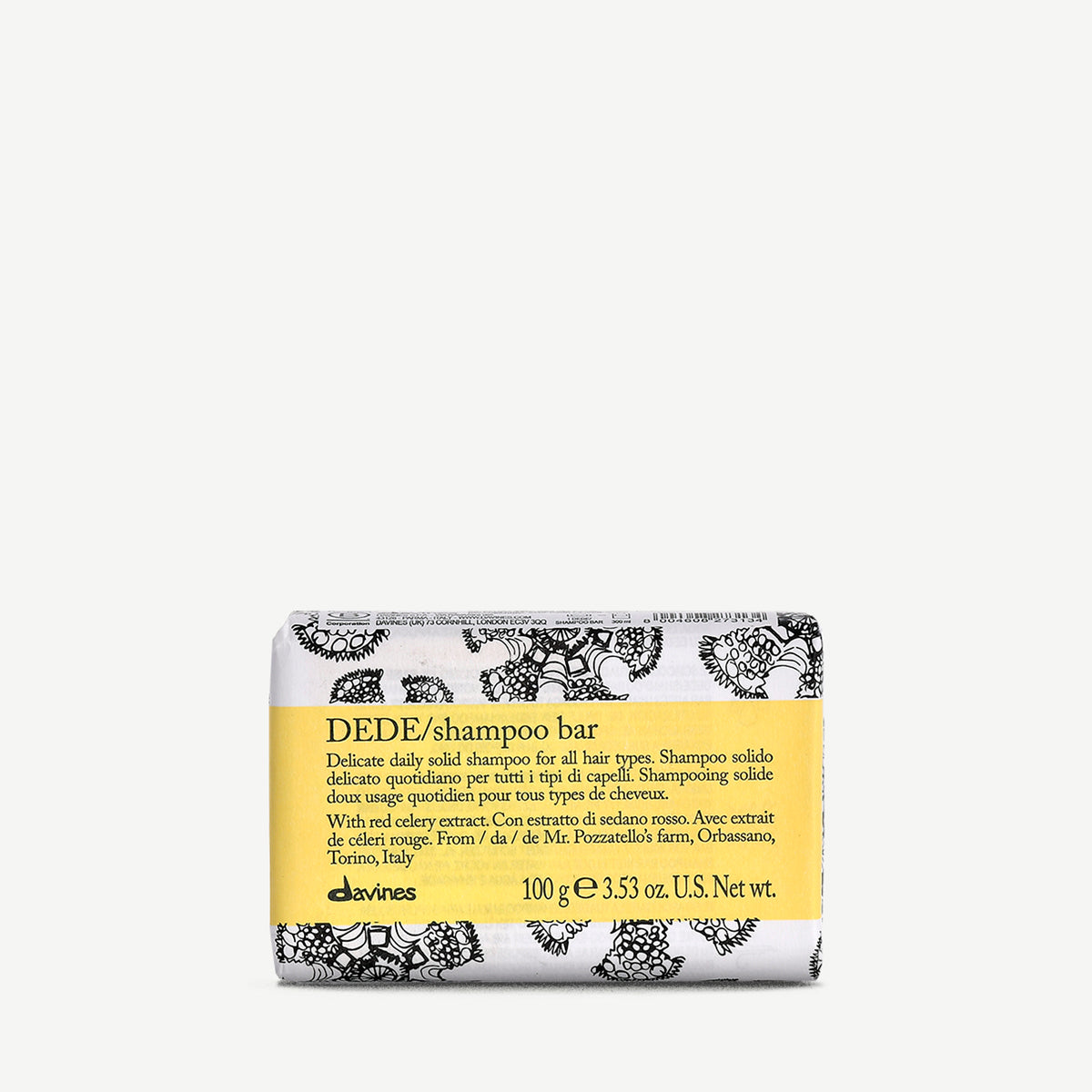FAQs
What causes oily hair?
When the sebaceous glands on the scalp make too much oil, it can result in oily hair. This excess oil may come from hormonal changes, genetics, overwashing, or the use of heavy hair products. Additionally, stress, diet, and environmental conditions may play a role. Check out our oily hair care tips for more guidance.
How do I stop my hair from being oily?
To stop your hair from being oily, brush your hair twice daily to distribute oils evenly throughout your hair and scalp. Avoid touching it frequently and conditioning the roots. Ensure that you are shampooing properly, focusing on cleansing the scalp. Be sure to opt for lightweight hair styling products, as others can weigh your hair down and contribute to oiliness.
What impact does hair texture have on oiliness?
Hair texture can influence how quickly oils travel from the scalp to the hair strands. Because of this, fine hair tends to show oiliness, while coarse or thick hair may mask it to some extent due to its texture.
What products should I look for if I have oily hair?
Choose oily hair products that are silicone-free, lightweight, and clarify the scalp without over-drying. A shampoo to get rid of build up is great for occasional deeper cleanses. For ongoing care, explore our Rebalancing treatments to help regulate sebum production.
Should I avoid using conditioner if I have oily hair?
It’s not necessary to skip conditioner, but it's best to apply it primarily to the mid-lengths and ends of your hair, avoiding the scalp where oil production builds up.
How often should I wash my oily hair?
For oily hair, wash your hair regularly, but not excessively. Every two to three days is recommended, but some may need to wash it daily. If your hair becomes greasy by the day’s end, you may need to consider changing out your products.
Can I use a dry shampoo between washes?
Yes, using a dry shampoo between washes can absorb excess oil and refresh your hair. However, it's essential not to rely on it too heavily, as it can build up on the scalp over time.
Is oily hair healthy?
While some oil is necessary for a healthy scalp, too much can cause problems like greasiness and clogged pores, affecting how it looks. So, while it's not bad for you, it's important to take care of it with good hair care habits.
Does the temperature of the shower water contribute to oiliness?
Yes, hot water can strip away too many natural oils from the scalp, causing it to produce more oil. It's best to wash your hair with lukewarm or cool water instead.
Does my diet impact oily hair?
Eating a healthy diet with lots of vitamins and minerals can support a healthy scalp and control oiliness. Eating too much greasy or processed food might make oily hair worse for some people.
Davines Shampoo for Oily Hair
Dealing with oily hair requires a careful selection of hair products to maintain volume, health, and cleanliness. Choosing the right shampoo is essential to break the cycle of excess sebum production that leads to greasy build-up. Certain products can easily build up along the follicle, contributing to oily hair: Smoothing oils, heavy conditioners, and shampoos that are filled with toxic ingredients do more harm than good for those prone to excess oil.
That’s why Davines offers natural and consciously crafted shampoos specifically designed for oily hair. Our oily hair products use high-quality ingredients that work with your hair's natural structure without stripping away much-needed moisture. They also help regulate sebum production, keeping the scalp and hair moisturized without overproducing oil.
In addition to using the right shampoo, adjusting your hair care routine can help minimize greasiness. Wash your hair less frequently, brush daily, and opt for lightweight products when styling. Using dry shampoo between washes can absorb excess oil and provide a lift to tired hair while applying nourishing hair oil to the ends can help maintain moisture without spreading product to the scalp and worsening oiliness.

